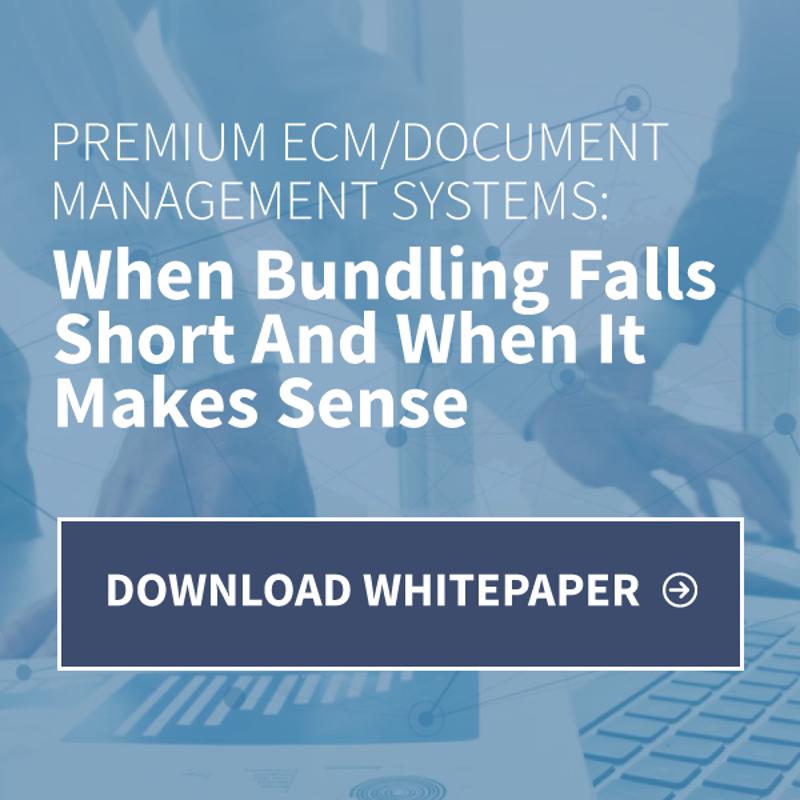
Blockchain in digital document management
A relatively new technology first popularized through its use in cryptocurrency transactions is now being adopted by organizations in more traditional industries for document management. Blockchain has served as a digital document management solution for many organizations to safeguard and track important information, among other benefits, according to Coin Idol.
What is blockchain?
An Alfresco article states that in the crypto world, blockchain was first invented to provide a safe means to exchange currency in the absence of security services provided by a bank by validating bitcoin transactions, for example. As a form of a distributed digital ledger, blockchain uses multiple servers that provide verified, timestamped records of transactions to all accounts involved in the process.
In its 2019 report on blockchain, the National Archives and Records Administration explained that the technology is used to store records about transactions, but is not used for the storage of data. NARA added that in conceptual terminology, a blockchain functions as a form of banking repository that decentralizes the source of trust, and comprises three parts: a block, chain and network.
Industry applications for blockchain in document management
Outside of e-currency, the technology is used in various sectors of the healthcare industry to government agencies for numerous applications – including document management. In the latter, blockchain's "irreversible signature" feature keeps digital documents secure with the ability to timestamp, create incorruptible files and provide proof of existence or intellectual property, Coin Idol further reported. It can also be applied to strengthen backup archiving, recovery mechanism development and user updating features.
In a notable case of blockchain used for document management, the United Kingdom's Food Standards Agency announced in July 2018 that it had piloted a blockchain solution in a cattle slaughterhouse, according to Computer World. Used to track the distribution of meat in the facility, the program was first ever to use the technology in the food industry for regulatory compliance purposes. Other departments that expressed interest in using blockchain at the time were Defra and HM Land Registry, which hinted that it could improve land registration and transactions and help pensioners with money management.
"Blockchain may eventually change basic government functions, such as information certification, financial transactions, and citizen identification. Changes in these areas have the potential to fundamentally impact the government's role as a trusted information repository or records holder," the NARA report concluded.

